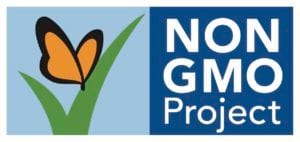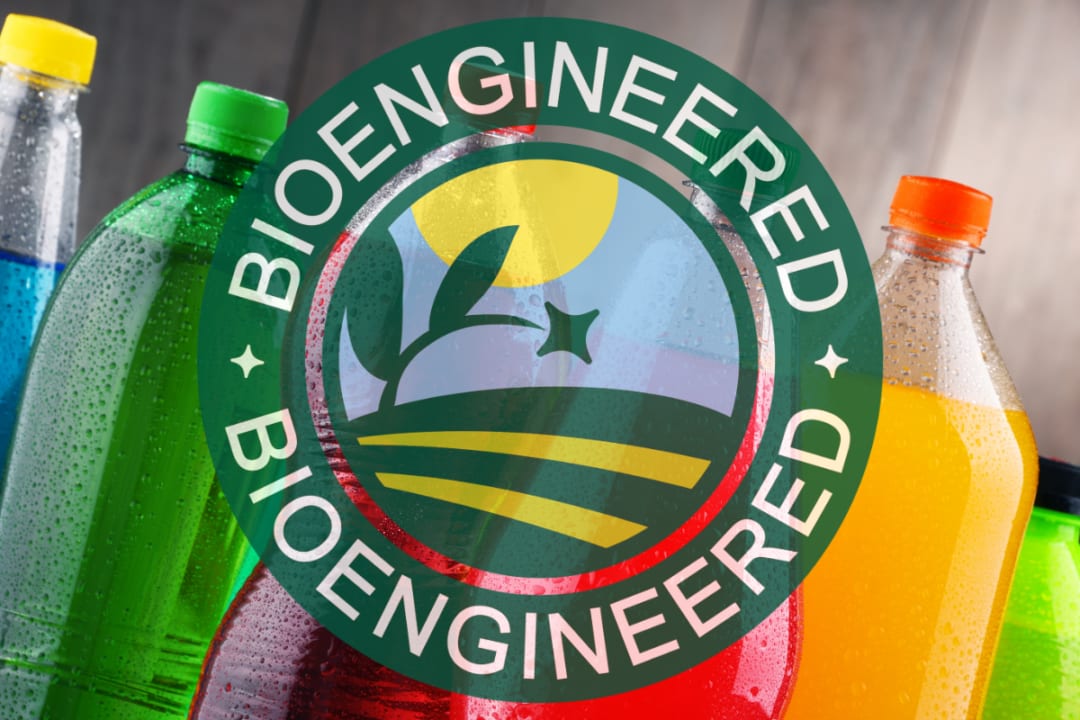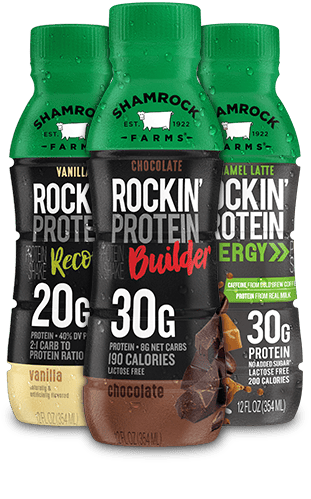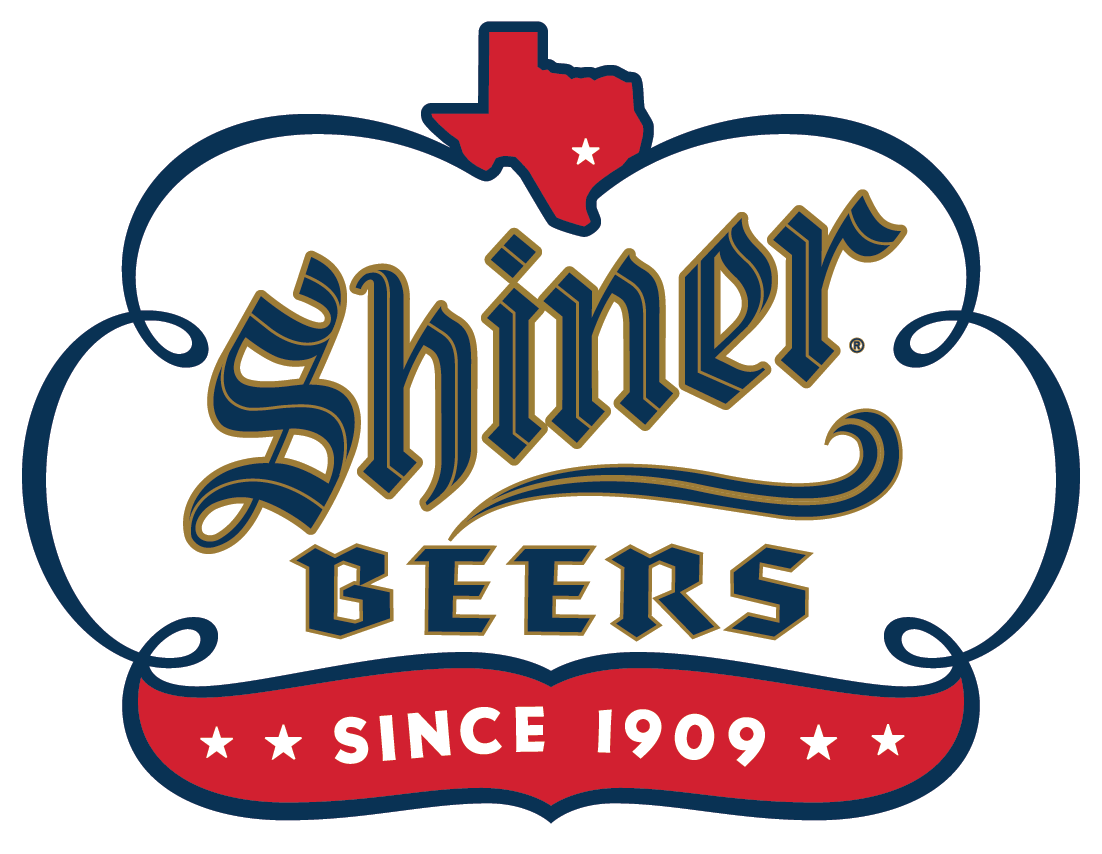Drinks
Between
By Barbara Harfmann | Managing Editor
New year, new labeling
With the new year in full swing, the National Bioengineered Food Disclosure Standard (NBFDS) went into effect in 2022. The mandate requires manufacturers and importers in the food and beverage industry to label products containing genetically modified organisms (GMOs) using the term “bioengineered” instead of “GMO” in disclosures. However, there is an exemption for those generating less than $2.5 million in annual sales. The regulation also allows a 5% ingredient threshold for GMO contamination.
Along with the United States, many countries require genetically modified foods to be labeled. The NBFDS, which was published in the Federal Register in December 2018, marked the start of mandatory GMO labeling in the United States.
According to the Bellingham, Wash.-based Non-GMO Project, GMOs are living organisms whose genetic material has been artificially manipulated in a laboratory through genetic engineering. This creates combinations of plant, animal, bacteria, and virus genes that do not occur in nature or through traditional crossbreeding methods.

Annual sales of Non-GMO Project Verified products containing the Butterfly seal exceed $26 billion, the company says. (Image courtesy of the Non-GMO Project)
The National Bioengineered Food Disclosure Standard applies to most food manufacturers and importers in the United States. There currently is an exemption for those generating less than $2.5 million in annual sales. (Image courtesy of MONTICELLLLO, Adobe stock)

The nonprofit notes that products bearing the Non-GMO Project Verified Butterfly seal — a logo that first hit store shelves in 2010 — are the fastest dollar growth trend at retailers. Annual sales of Non-GMO Project Verified products now exceed $26 billion, the company’s website states.
A consumer poll taken in 2015 found that 93% of Americans and 88% of Canadians support labeling of GMOs.
The National List of Allowed and Prohibited Substances, which identifies synthetic substances that may be used and the non-synthetic substances that may not be used in organic crop and livestock production, includes some high-risk food ingredients made from crops commonly grown with GMO technology. This includes derivatives and carriers often used in beverage formulations, such as starch, protein, fiber and lecithin.
Experts point out that non-GMO is not the same thing as organic. Yet, all organic products are non-GMO. Vegan/plant-based/vegetarian products also exclude GMOs. Thus, non-GMO labeling is attractive to marketers who cannot produce organic foods and beverages for any number of reasons, including supply and cost, but want to appeal to shoppers looking for “cleaner” formulations.
Experts note that the simpler the ingredients, the easier it is to communicate this fact on beverage labels. For example, sodas sweetened with cane sugar and almond milks flavored by nature do not contain GMOs.
Honey is an example of a “threshold” ingredient. In its natural state, honey is a non-GMO food because honeybees are not genetically modified; however, honey is produced from the nectar of plants. The pollen grains within honey are a component in which genetically modified proteins might be found. However, the amount of pollen in honey averages 0.2%, which is well below the allowed threshold set forth in the NBFDS as well as by The Non-GMO Project, the groups state.
If one or more ingredients in a formulation are being touted as being from non-genetically modified crops, it is paramount that the verbiage not be misleading. Thus, beverage manufacturers should do their homework and work closely with suppliers if they want to develop products that make a non-GMO claim.
Getting products analyzed and certified by a high-quality and reputable food lab are steps to take to ensure the highest efficacy — and the Butterfly seal tells consumers you have done your due diligence, according to The Non-GMO Project. BI
To kick off its first Shorties Classic Pitch and Putt Match, Tito’s Handmade Vodka, the “Official Vodka of the PGA Tour and PGA Tour Champions,” sponsored a vintage game of Wolf played by PGA golf pros Harry Higgs, Harold Varner III, Pat Perez and Joel Dahmen. The golfers teed off for a good time and to earn funds for their favorite charity in a classic golf game where the foursome rotated as the “Wolf,” or the person who tees off first at each hole. Typically decided by flipping a tee, for this game, a bottle of Tito’s was spun. Each hole was worth varying points and depended on the “Wolf’s” decision to call “Lone” before teeing off (3 points), call “Lone” after everyone else tees off (2 points), or choose a partner to play that hole with (1 point). To keep things exciting, points also could be doubled for a particular hole. Filmed in Austin, Texas, the Tito’s Shorties Classic aired on the Golf Channel on Jan. 5, 6 and 12, and featured color commentary by the legendary Manolo Vega and former LPGA tour golfer Belen Mozo. Tito’s donated $10,000 for each point a player wins to the contestant’s charity of choice, which were Feherty’s Troops First Foundation (Higgs), HV3 Foundation (Varner III), Operation Game On (Perez), and The University of Texas MD Anderson Cancer Center (Dahmen).
Teeing off for a good cause
For almost two years, the COVID-19 pandemic and its impact on nearly every industry in every corner of the globe has dominated the headlines. It continues to drive a fundamental change in America's relationship with food, according to the 18th Annual Hunter Food News Study
Restaurant mask mandates and labor shortages topped the list of leading food news stories. The study also found that not only are Americans spending more time cooking and altering their meal preparation, but there’s been a fundamental shift in America’s relationship with food, as a greater portion of Americans begin to identify as “foodies.”
Meal preparation behavior also has dramatically shifted with 42% of American dinner meals being cooked from scratch, up 14% from before the pandemic. Recipe usage is up 21%, while sit-down meals at restaurants have declined 33% from 2019, the study found.
Other key findings from Hunter’s two waves of research include:
- Mask Mandates in Restaurants. In the wake of COVID-19, many local officials instituted safety regulations to curb the spread of the virus such as mask mandates in most public places, including restaurants, which was the No. 1 story of the 2021 Hunter Food News Study.
- Labor Shortages in Restaurants. In the No. 2 spot, the pandemic forced many restaurants to close their doors, as diners and workers chose to stay home in response to fears of virus transmission which then caused widespread labor shortages.
- Inflation and Higher Food Prices. Consumers are feeling the pinch of COVID-19 at retail as well. Claiming the No. 3 spot, U.S. inflation is rising at the fastest pace in more than a decade due to rising costs of raw materials, labor and shipping. To offset increases in these costs and preserve profitability, many food and drink brands are increasing prices on their products.
- Impact of Climate Change on Food Insecurity. Climate change continues to contribute to food insecurity across the country as worsening droughts and floods contribute to decreased food security.
- The Nutritional Benefits of a Plant-Based Diet. Plant-based diets continued to rise in popularity in 2021. Reports of improved heart health and links to longevity further encouraged consumers to give it a try.
— Research findings from the 2021 Hunter Food News Study.
For more information, visit www.hunterpr.com/foodstudy2021

Power one’s pickleball game with protein

Rockin’ Protein has aced the competition with a new USA Pickleball Sponsorship, making the protein beverage the official protein and recovery drink of America’s fastest-growing sports craze. Family-owned Shamrock Farms will be the official milk of the association. Rockin’ Protein will support the association through a variety of advertising, digital and social media and public relations efforts, while also fueling its more than 40,000 athletes with high-quality protein. Additionally, Rockin’ Protein will highlight USA Pickleball’s star athletes and top plays as the presenting sponsor of the “Rockin’ Protein: Rockin’ Good Performance of the Match,” during upcoming ESPN broadcasts. Rockin’ Protein, which is made from real milk, contains no added sugar, low carbs and calories, and enables consumers to Refuel after intense workouts with Recovery, stay trim with Lean, or feed their muscles with Builder. “USA Pickleball and Rockin’ Protein are a perfect match,” said Ann Ocaña, chief marketing officer for Shamrock Foods Co., in a statement. “Pickleball is a fun sport that continues to grow and appeals to a broad range of athletes of all skill levels. It directly aligns with Rockin’ Protein's core consumers — those who seek a natural, great-tasting protein beverage that will help power their game.”
Founded in 1909 by Czech and German immigrants brewing beer with Old World traditions, Spoetzl Brewery in Shiner, Texas, has long provided philanthropic support to those in need. In fact, the independent brewery recently contributed $100,000 to the American Red Cross to support relief efforts in those areas most impacted by the deadly and destructive, late-season tornado outbreak across portions of the Southern U.S. and Ohio Valley in mid-December 2021. In a statement, Jimmy Mauric, Shiner’s Brewmaster, stated: “We are saddened to see the destruction and loss of life in the affected areas — particularly in Kentucky, but also in Arkansas, Illinois, Missouri and Tennessee. All of us in the Shiner family are thinking of and praying for all those affected.” In the wake of similar natural disasters, Shiner Beers and its ownership have provided help for Hurricane Ida and Hurricane Laura relief efforts in Louisiana, relief efforts in Florida and Georgia following Hurricane Michael, as well as in the Carolinas and Virginia following Hurricane Florence, help after the catastrophic flooding in Central Louisiana in 2016, Hurricane Sandy in 2012, Hurricane Ike in 2008 and Hurricane Katrina in 2005, the company says.

Natural disaster support

